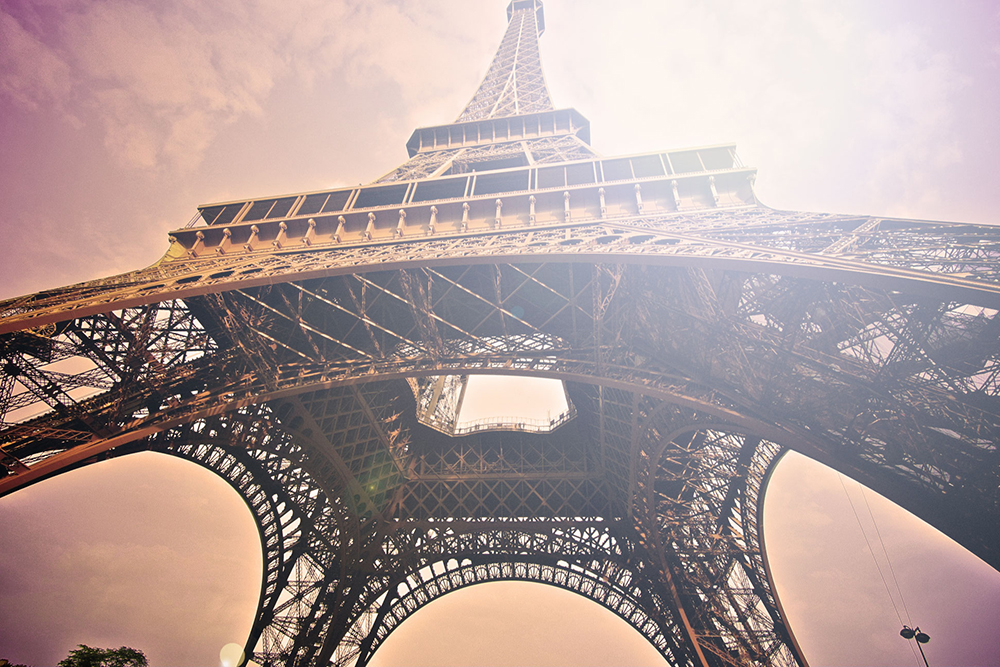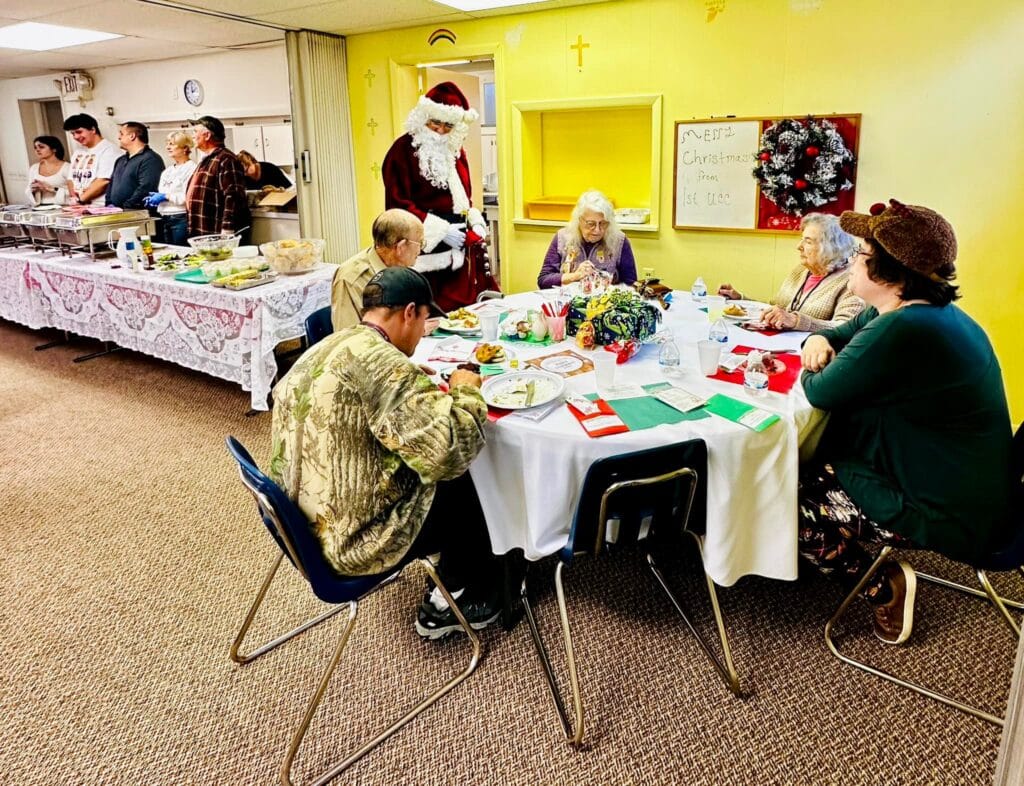Confronting fear, working for change in Paris
 As the calendar moves into the season of Advent, a time of watching and waiting for the nativity of Christ, this week also brings a time of watching what takes place in Paris through Dec. 13 around climate. The United Nations Climate Change Convention Conference of the Parties 21st convening (COP21) is bringing together more than 30,000 participants — scientists, delegates and environmental groups, including people of faith who believe dealing with climate change is essential to human life — to hammer out a global agreement that curtails pollution.
As the calendar moves into the season of Advent, a time of watching and waiting for the nativity of Christ, this week also brings a time of watching what takes place in Paris through Dec. 13 around climate. The United Nations Climate Change Convention Conference of the Parties 21st convening (COP21) is bringing together more than 30,000 participants — scientists, delegates and environmental groups, including people of faith who believe dealing with climate change is essential to human life — to hammer out a global agreement that curtails pollution.
The world’s gaze was also fixed on Paris two weeks ago after terror attacks killed 129 innocent people. As far as the U.N. conference is concerned, the attacks raised security concerns for the tens of thousands of people involved.
United Church of Christ minister the Rev. Donna Schaper, pastor of Judson Memorial Church in New York City, and her husband made plans to attend COP21, and despite those concerns, they decided not to give into fear and headed to Paris.
“It’s never easy to be away from home base for 10 days,” Schaper said. “Then we looked at each other. Why give the terrorists another victory? They have already stolen peace of mind and life blood from too many. Keep Paris. Stay Normal. Carry on. And go do what we had planned to do, which is to be a megaphone on climate change and its utter necessity to our grandchildren and our home base.”
Schaper plans to cover multiple events from religious and moral perspectives for Religion Dispatches, the National Catholic Reporter Eco-Blog, the Huffington Post and intends to blog for the UCC as well.
“The inevitable and unlikely terrorist attack there — accompanied by its siblings in Beirut, Turkey and now Mali — left this strange taste in our mouth,” Schaper said. “It started as personal fear about the large and the small. Living in New York City, we are never far from the nightmare of terror. The city constantly reminds us to notice left behind packages or if we ‘see something, say something.’ We also know well what it means for a city to be on lock down. Long lines, delays, endless personal inspections and production of our ‘identifications’ join grumpy people everywhere. It’s not fun, even though New York and Paris are supposed to be fun.”
The climate conference will bring negotiators from more than 195 countries to Paris for the most concerted effort in six years to put a halt on carbon pollution. The last major climate conference, in Copenhagen in 2009, ended with rich and poor countries arguing about who is responsible for reducing carbon emissions. Now, with two of the world’s largest emitters — the United States and China — promising new environmental commitments, it marks a new era for a global conversation and reduction goals.
 “For the next two weeks, concerned global citizens will watch and wait for some good news, for word that humans are at last ready to act in defense of God’s creation — the planet we share with 7 billion other human beings, a vast community united by the great arc that curves beneath our feet, the wind that moves across its surface, and the atmosphere that has made life here possible,” said the Rev. David J. Huber, pastor at Plymouth UCC in Eau Claire, Wisc.
“For the next two weeks, concerned global citizens will watch and wait for some good news, for word that humans are at last ready to act in defense of God’s creation — the planet we share with 7 billion other human beings, a vast community united by the great arc that curves beneath our feet, the wind that moves across its surface, and the atmosphere that has made life here possible,” said the Rev. David J. Huber, pastor at Plymouth UCC in Eau Claire, Wisc.
Huber isn’t traveling to the conference, but he, like many climate care supporters in the denomination, believes the issue is scientific and moral and will follow the developments carefully. “For we who follow Jesus, this is an important matter of faith,” he said. “We are charged by God to take care of our planet, not to dominate or carelessly use it to extinction. We are also commanded by Jesus to love our neighbors as we love ourselves. Addressing climate change has become an essential part of living that love.”
The Environmental Defense Fund reports that 2014 was the hottest year on record, and 2015 could be warmer, making it imperative that the world nations act to reduce carbon emissions. Sixty-three countries, which combine for 70 percent of emissions, have already committed to reduction goals by 2030. The United States, responsible for 15 percent of global emissions, has pledged to cut carbon emission by at least 26 percent of its 2005 levels by 2025.
Environmental experts suggest that the litmus test for the Paris conference will not be the adoption of a treaty, but rather how soon the commitments made can have an impact.
“Many of us are perhaps fearful of the changes to the Earth and our way of life,” Huber said. “We suggest that we ought not fear this change, but welcome it. Almost 400 times in the Bible one divine being or another says, ‘Don’t be afraid,’ including — as we will hear this Advent — the archangel Gabriel to Mary. Like Mary, we need to ponder this change in our hearts. We need to look, unafraid, at the truth that our choices are negatively affecting our climate. We need to be willing to change our hearts about how we live on and use our planet’s resources.”
Related News
Year in Review: Top news highlights of 2024
The United Church of Christ News team has spent each week of 2024 delivering stories that...
Read MoreNo more lonely little Christmases: Chasing away the blues now and into the New Year
With the loneliness epidemic in the U.S. continuing to affect every one in five people, many...
Read MoreUCC Annual Report video brings to life impactful ministries
Leaders of the United Church of Christ are thrilled to share the newly released 2024 Annual...
Read More


